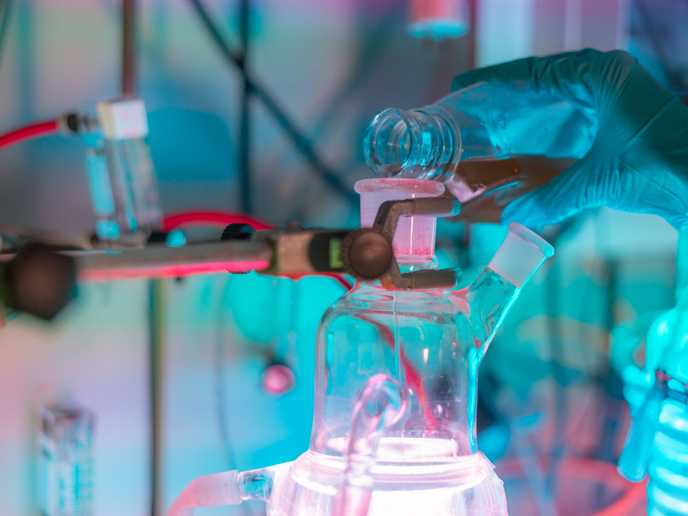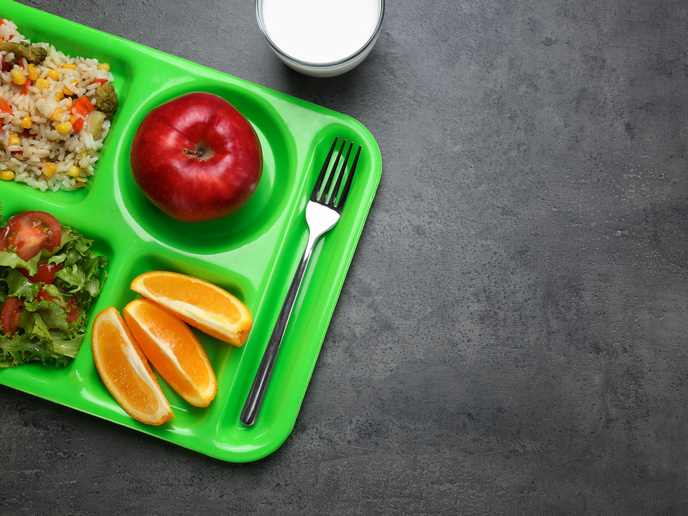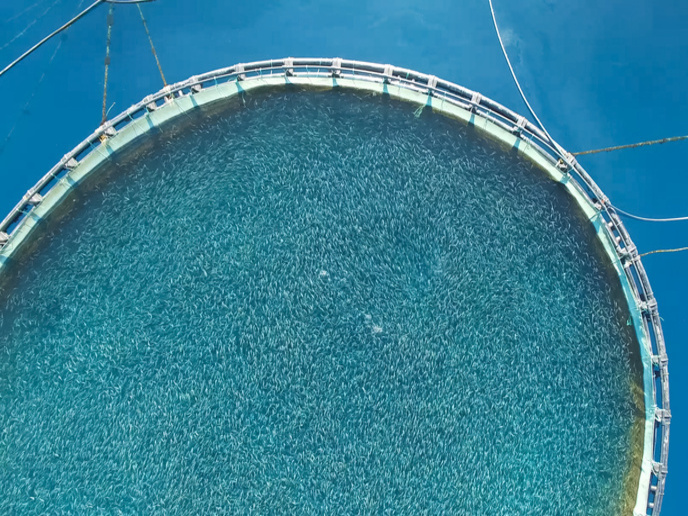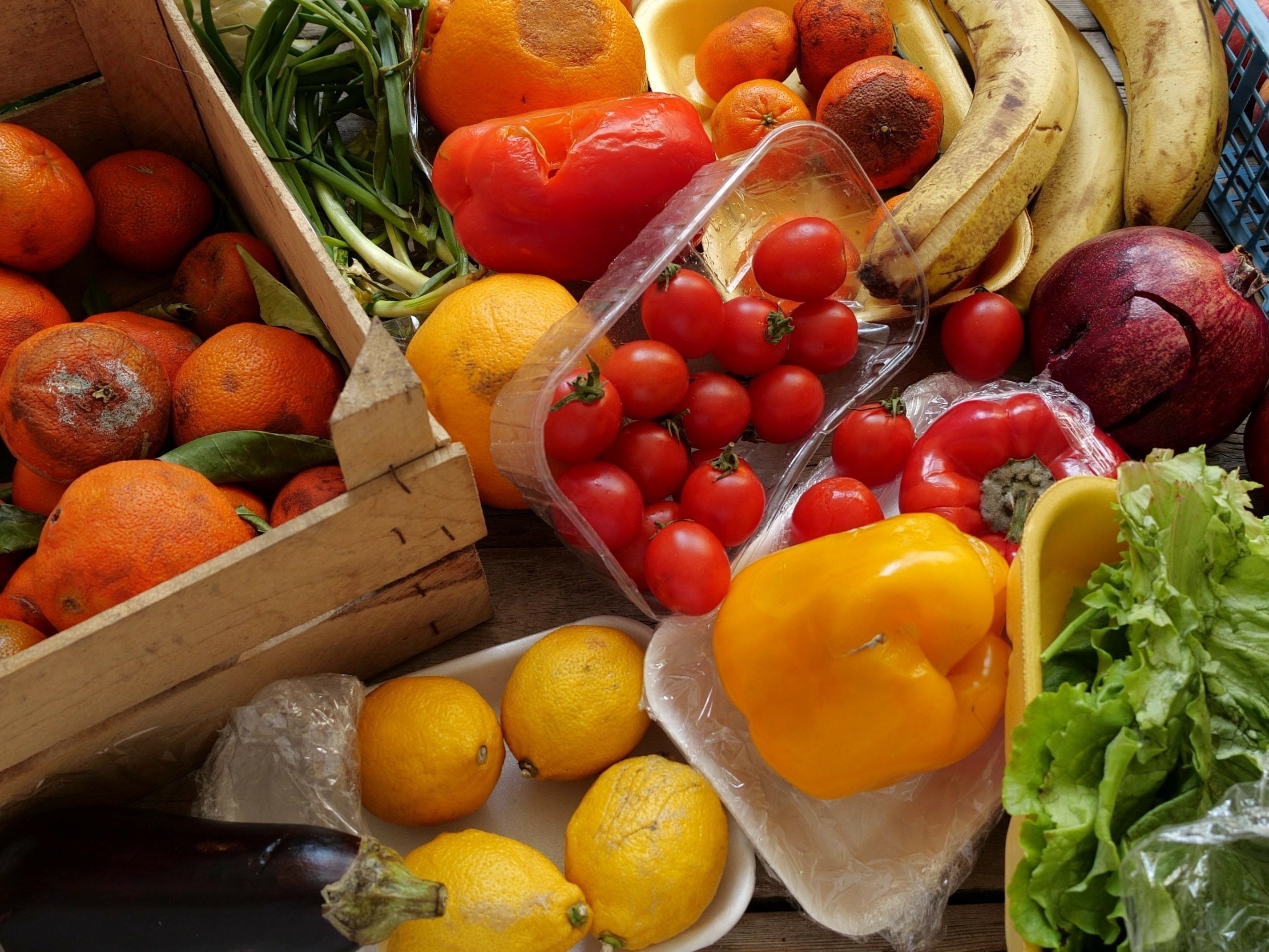Taking tomorrow’s sustainable super crop from lab to market
Microalgae are Earth’s most efficient CO2 capture system. They are an inexhaustible raw material with the highest protein content on the planet, and a source of sustainable and unlimited biofuels. They boost agricultural productivity and make daily harvesting possible. For these main reasons, microalgae have the potential to address societal challenges like environmental sustainability, energy efficiency and food security. The EU-funded INTERCOME project was based on the photosynthesis, the biological process essential to life on Earth that microalgae have been carrying out for billions of years. Fostered by light energy, photosynthesis transforms inorganic compounds into organic matter. “We optimised this process and reproduced it intensively,” says Carlos Rodriguez-Villa Förster, Managing Director of AlgaEnergy, a company specialising in microalgae biotechnology. This was done to “obtain valuable products derived from microalgae biomass and meet the growing needs of different sectors, particularly agriculture, nutrition, cosmetics and aquaculture.” Upscaling microalgae production capacity INTERCOME validated the productive process and further developed AlgaEnergy’s production facilities. This helped to guarantee a high quality supply of microalgae throughout the year. “Basically, we turned an operational demonstration production plant in southern Spain into a fully commercial industrial facility,” he notes. Project partners designed and implemented a modulated production plant, and elaborated an operation protocol to simultaneously culture various microalgae strains without risking contamination. They modified the operational facilities to ensure the culturing capacity during seasons with suboptimal temperatures. The project team also stabilised microalgae biomass to be produced in different delivery formats such as fresh paste and freeze-dried. It conditioned the processing facilities by making the necessary production layout adjustments and equipment upgrades. The researchers scaled up the culture volume of selected strains for four main products: agricultural biostimulants, skincare dermocosmetics, nutrition additives and hatchery feed. They implemented the production and practices protocol to guarantee safety and quality processes. Lastly, they obtained product certifications for biomass and the final products. The market isn’t yet aware of microalgae as a raw material and the benefits of microalgae-based products. INTERCOME addressed these bottlenecks to commercialisation by extensively disseminating its activities, promoting microalgae-based solutions to targeted sectors and explaining their advantages compared to existing solutions. Explosive company growth Thanks to INTERCOME, AlgaEnergy’s revenues shot up, and so did its attractiveness to partners and investors. A multinational industrial automation company invested EUR 10 million to buy a minor stake in AlgaEnergy. “This capital injection substantially increased the company’s value,” says Förster. The strategic business collaboration will help in developing microalgae culturing technologies, accelerating the development of novel products and reducing costs to enter new markets. According to Förster, AlgaEnergy is the first company focused on applying microalgae to agriculture. Farmers are benefiting from a competitive solution that enables them to greatly increase profitability and competitiveness thanks to higher productivity and quality, and a better response to stress like climate change. The customer repetition rate is over 90 %. In the cosmetics domain, AlgaEnergy has developed 3 lines totalling 18 products that will be launched to the market in 2019. AlgaEnergy is going global. It’s exporting innovative solutions to over 20 countries and opening the first subsidiaries in Japan, India, Italy and the United States. Mexico, Brazil and Australia will soon follow.
Keywords
INTERCOME, microalgae, microalgae biomass, microalgae-based products







